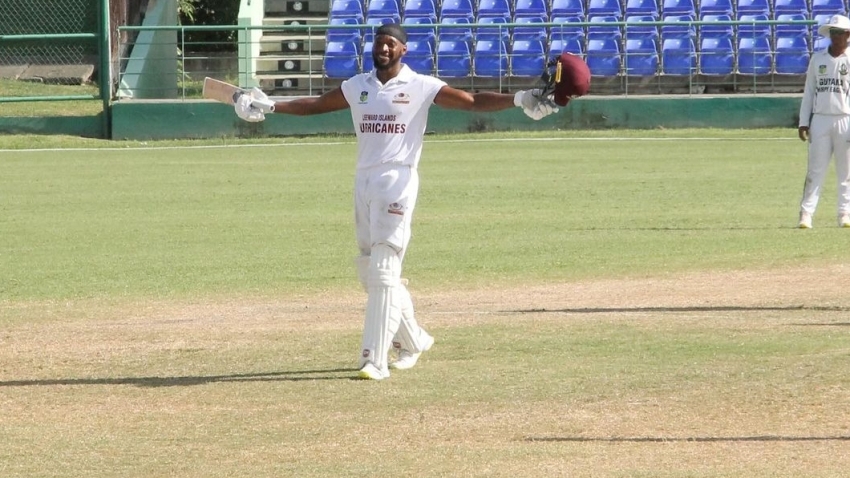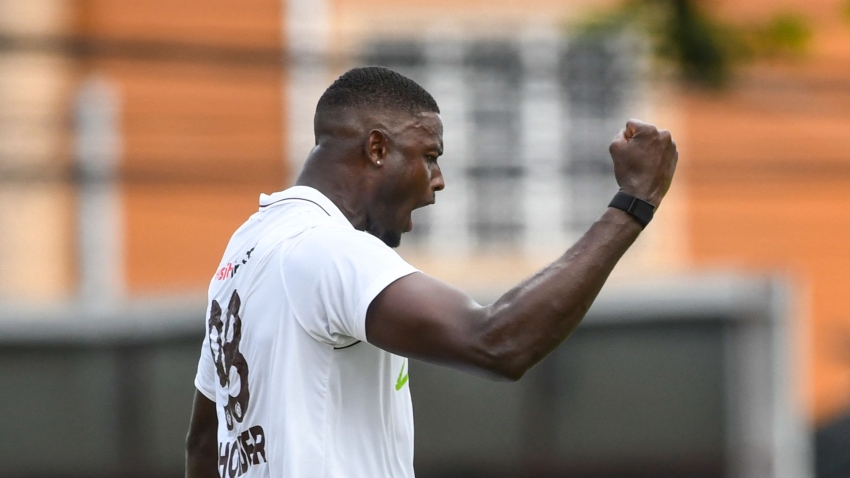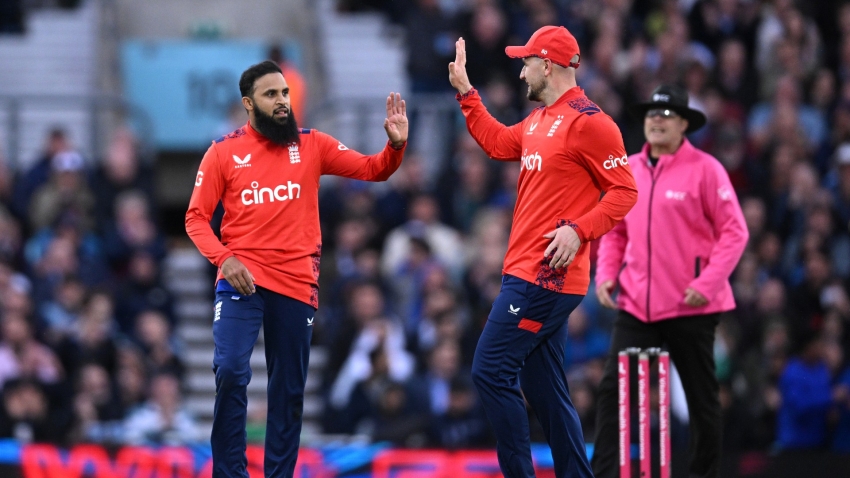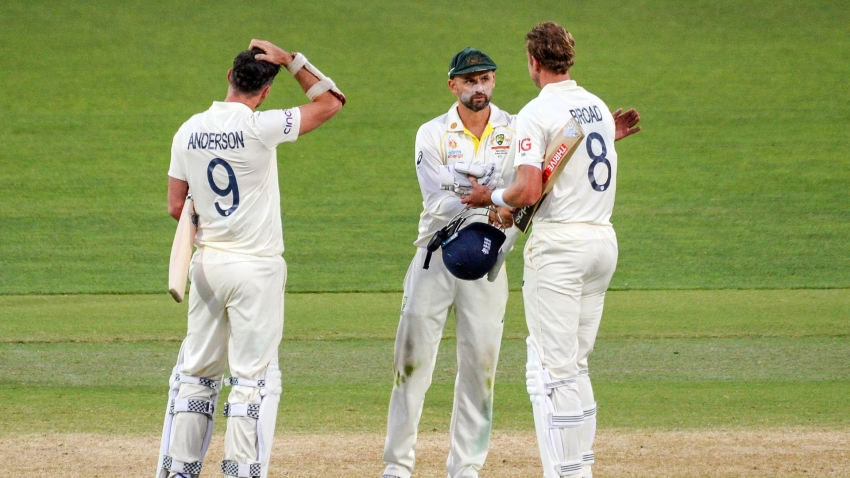Carlos Queiroz has demanded Jurgen Klinsmann resign from his FIFA position after making a string of accusations about Iran's World Cup team, labelling the German's comments "a disgrace".
Iran head coach Queiroz reacted after his team were accused by Klinsmann of having "worked the referee" during the 2-0 win against Wales on Friday.
Working as a BBC pundit, Klinsmann suggested Iran getting to the match officials and pushing the boundaries of acceptability was "part of their culture".
In response, Queiroz suggested California-based Klinsmann's "outrageous remarks" stemmed from his "American/German" background.
He said Klinsmann should visit Iran's training camp to learn more about the team, but must step down from FIFA's World Cup technical study group beforehand.
Prompted about the conduct of Iran's players in the Wales game just staying on the right side of the game's laws, Klinsmann said: "That's their culture, that's their way of doing it, and that's why Carlos Queiroz, he fits really well the Iranian national team.
"He struggled in South America and failed with Colombia to qualify, and then he failed with Egypt to qualify as well, and he went back right before the World Cup and guided Iran, where he worked already for a long, long time.
"This is not by coincidence. This is just part of their culture, that's how they play it. They worked the referee. You saw the bench, always jumping up and always working the linesman and fourth referee on the sidelines, they are constantly in their ear.
"This is their culture; they make you lose your focus, make you lose your concentration and what's important to you."
Klinsmann said there could have been a "big difference with another referee" and added: "Let's say it did not play into the hands of Wales."
Queiroz responded on Saturday with a string of withering Twitter messages aimed at Klinsmann, who was a 1990 World Cup winner as a player with West Germany and later coach of Germany and the United States.
Queiroz began by saying: "Even not knowing me personally, you question my character with a typical prejudiced judgement of superiority.
"No matter how much I can respect what you did inside the pitch, those remarks about Iran culture, Iran national team and my players are a disgrace to football. Nobody can hurt our integrity if it is not at our level, of course.
"Even saying so, we would like to invite you as our guest, to come to our national team camp, socialise with Iran players and learn from them about the country, the people of Iran, the poets and art, the algebra, all the millennial Persian culture…
"And also listen from our players how much they love and respect football. As American/German, we understand your no support. No problem. And despite your outrageous remarks on BBC trying to undermine our efforts, sacrifices and skills, we promise you that we will not produce any judgements regarding your culture, roots and background and that you will always be welcome to our family.
"At the same time, we just want to follow with full attention what will be the decision of FIFA regarding your position as a member of Qatar 2022 technical study group.
"Because, obviously, we expect you to resign before you visit our camp."
This is former Manchester United assistant boss Queiroz's third consecutive World Cup as Iran boss. His short spells with Colombia and Egypt followed the 2018 tournament, with Queiroz leading Egypt to this year's Africa Cup of Nations final.
They were defeated in that game on penalties by Senegal, and Egypt also lost by the same method to the same opposition in a World Cup play-off, with Queiroz departing and returning to the helm with Iran in September.










































